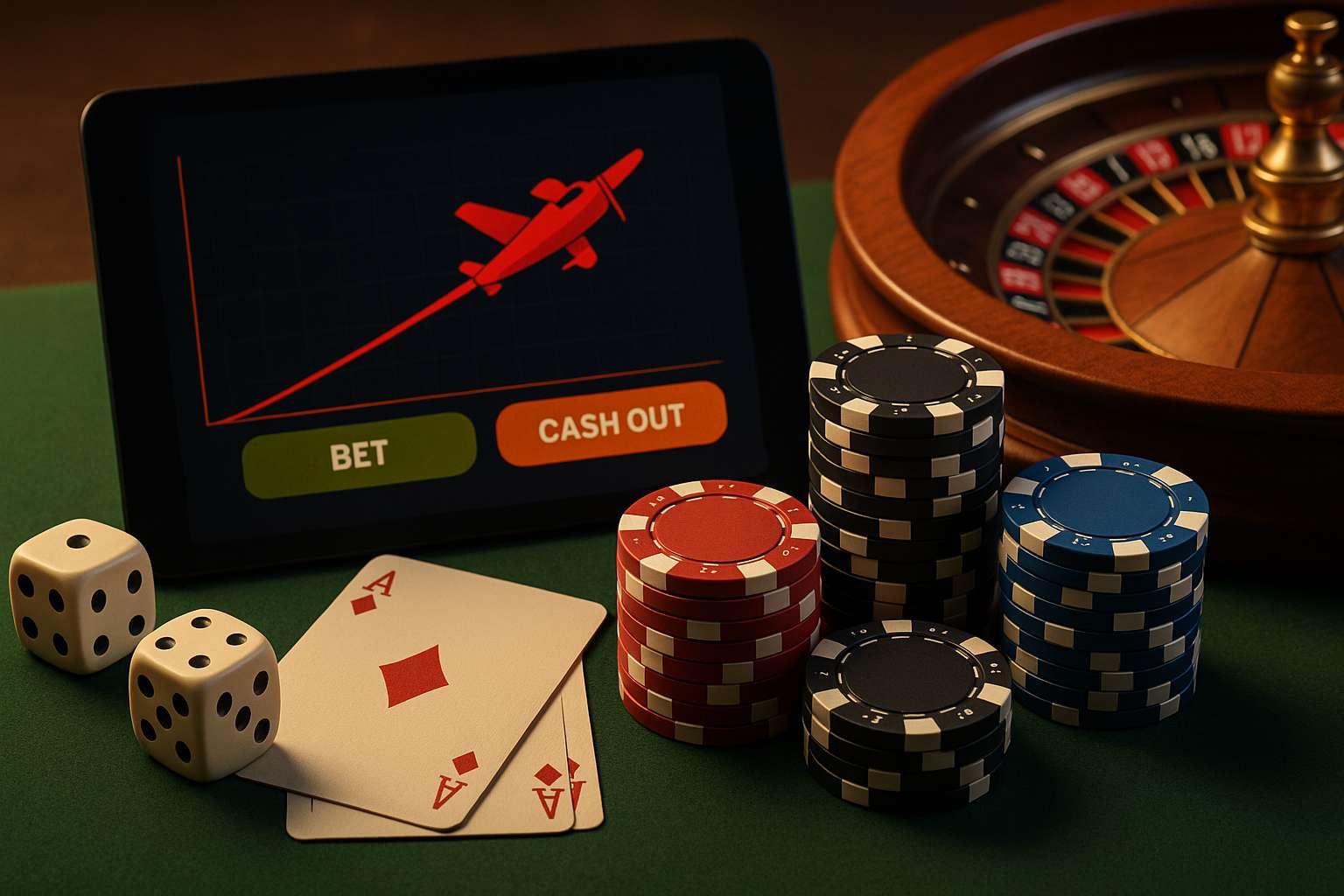The Role of Chance in Gambling
Gambling, at its core, is a thrilling mix of risk and reward, often governed by a single, elusive element: chance. Whether you’re rolling dice, spinning a wheel, or watching a plane soar into the digital skies on the https://aviator-app.in/en-in/ , the role of randomness remains central to the experience. This unpredictability is what draws millions to games like Aviator—a crash-style game that blends excitement with simplicity. Built especially for Indian users, the Aviator App has quickly become a favorite, offering a user-friendly interface, secure gameplay, and the promise of substantial multipliers that keep the adrenaline high.
But what is it about chance that keeps people hooked? And how does understanding randomness influence both our approach to gambling and our expectations from it?
The Mechanics of Chance
Chance in gambling is the statistical uncertainty behind every outcome. Unlike skill-based games where player decisions heavily influence the result, games of chance depend primarily on luck. Whether you're betting on a coin toss or watching the curve climb in Aviator, the outcome isn’t something you can predict or control with certainty.
Games like roulette or slots operate on Random Number Generators, algorithms designed to produce completely random outcomes. In Aviator’s case, each round begins with a virtual airplane taking off, and it can crash at any moment—represented by a randomly generated multiplier. Your goal is to cash out before the crash. But the timing of that crash? That’s pure chance. It may climb to x1.5 or soar to x100 or beyond. Or it may crash just seconds after takeoff.
Understanding that randomness is embedded into the game is essential. It helps players realize that short-term wins or losses don’t necessarily indicate trends or patterns, even if our brains are wired to look for them.
Why the Illusion of Control Persists
Despite knowing that gambling is governed by chance, many players fall into cognitive traps. One common bias is the “gambler’s fallacy”—believing that past events influence future outcomes. For example, after a series of low multipliers in Aviator, one might expect a high multiplier to come next. However, because each round is independent, that expectation is unfounded.
Another psychological phenomenon is the illusion of control, where players believe their actions—like cashing out at a certain moment—can influence outcomes. While strategy can help manage risk, it doesn’t alter the fundamental randomness of the game.
This interplay between randomness and perceived control is what makes gambling both fascinating and dangerous. It's what gives rise to the suspense and emotional highs and lows players experience.
Aviator App: Chance in Motion
The Aviator App exemplifies how randomness can be gamified in an engaging, transparent, and secure way. With over 12 million Indian users by 2025, the app has transformed crash gaming into a mainstream activity. Its features, like live multiplayer chat, betting history, and a verified fair play algorithm, offer not just entertainment but also a sense of community and trust.
For beginners, the demo mode allows safe experimentation. Meanwhile, the game’s high RTP (Return to Player) and potential for up to x10,000 multipliers create a playground where chance and possibility collide. Integrated into a broader ecosystem of reputable Indian casinos—like 1Win, Dafabet, and Mostbet—the app ensures regulatory compliance and encrypted protection, reinforcing that even when chance rules, safety and fairness can still be guaranteed.
At the heart of every gambling experience lies the thrill of not knowing. Chance isn’t just a mechanism—it’s the lifeblood of games like Aviator. It keeps players engaged, sparks hope, and tests self-control. But it also requires respect. Understanding the random nature of gambling helps maintain realistic expectations, encourages responsible play, and allows people to enjoy the experience for what it is: a game.









Koen Brent
Slet kommentar
Er du sikker på, at du vil slette denne kommentar?
Fillis Brent
Slet kommentar
Er du sikker på, at du vil slette denne kommentar?